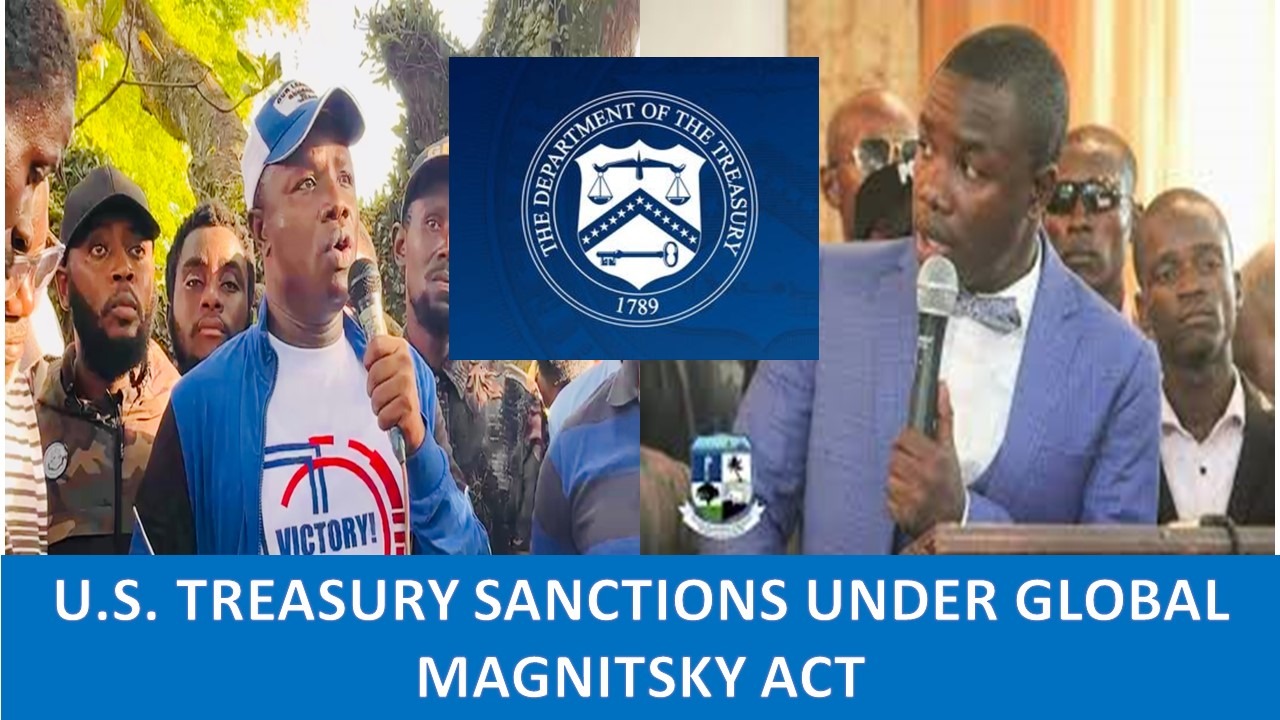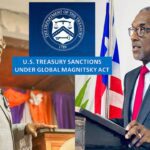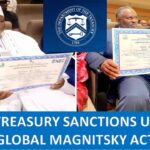In a significant move to address human rights abuses and corruption, the U.S. Department of the Treasury Office of Foreign Assets Control (OFAC) has imposed sanctions on Jefferson Koijee, the Mayor of Monrovia, Liberia, and a senior leader in the Congress for Democratic Change (CDC) political party. Koijee, known for his alleged involvement in stoking violence and controlling paramilitary-style organizations, has faced accusations of instructing these groups to disrupt demonstrations conducted by government critics and political opposition.
Reasons for Designation:
The sanctions imposed on Koijee are based on his alleged responsibility for or complicity in serious human rights abuses and corruption. OFAC cites instances of violence linked to Koijee and his supporters, including incidents at opposition rallies, a student graduation ceremony, and an anti-rape protest. Additionally, Koijee is accused of engaging in corrupt acts such as bribery, misappropriation of state assets, and pressuring anti-corruption investigators to halt their investigations.
Sanctions Implications:
The sanctions have far-reaching implications for Koijee and entities associated with him. All property and interests in property belonging to Koijee, located in the United States or under the control of U.S. persons, are now blocked and must be reported to OFAC. Furthermore, any entities owned 50 percent or more by Koijee are also subject to blocking.
U.S. persons are prohibited from engaging in any transactions involving Koijee’s property or interests in property, unless authorized by OFAC. Financial institutions and other individuals conducting transactions with the sanctioned entities may expose themselves to sanctions or enforcement actions. These prohibitions extend to making contributions or providing funds, goods, or services to, for, or from the benefit of Koijee.
OFAC’s Approach and Ultimate Goal:
OFAC emphasizes that the ultimate goal of sanctions is not to punish but to bring about positive behavioral changes. The Department of the Treasury points to recent attempts by the Uganda Prisons Service to implement human rights-related measures, indicating that effective changes in behavior can lead to the removal of individuals from the Specially Designated Nationals and Blocked Persons (SDN) List.
The Global Magnitsky Framework:
The sanctions imposed on Koijee are rooted in the Global Magnitsky Human Rights Accountability Act, which recognizes the global scope and gravity of human rights abuses and corruption. Executive Order 13818, issued on December 20, 2017, aims to impose significant consequences on individuals engaging in such activities while protecting the U.S. financial system from abuse.
Conclusion:
The sanctions on Jefferson Koijee reflect the U.S. government’s commitment to addressing human rights abuses and corruption on a global scale. By targeting individuals like Koijee, who allegedly use violence and corruption to maintain power, OFAC seeks to deter such behavior and promote positive changes. The sanctions underscore the significance of the Global Magnitsky framework in holding individuals accountable for their actions and encouraging international stability and respect for human rights.




